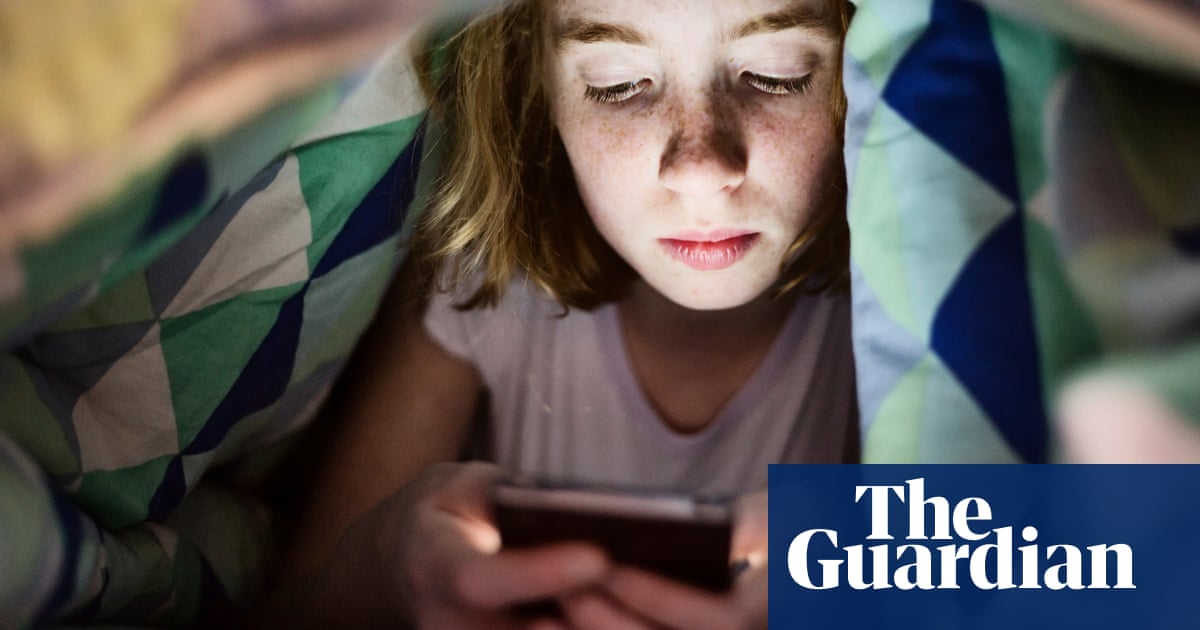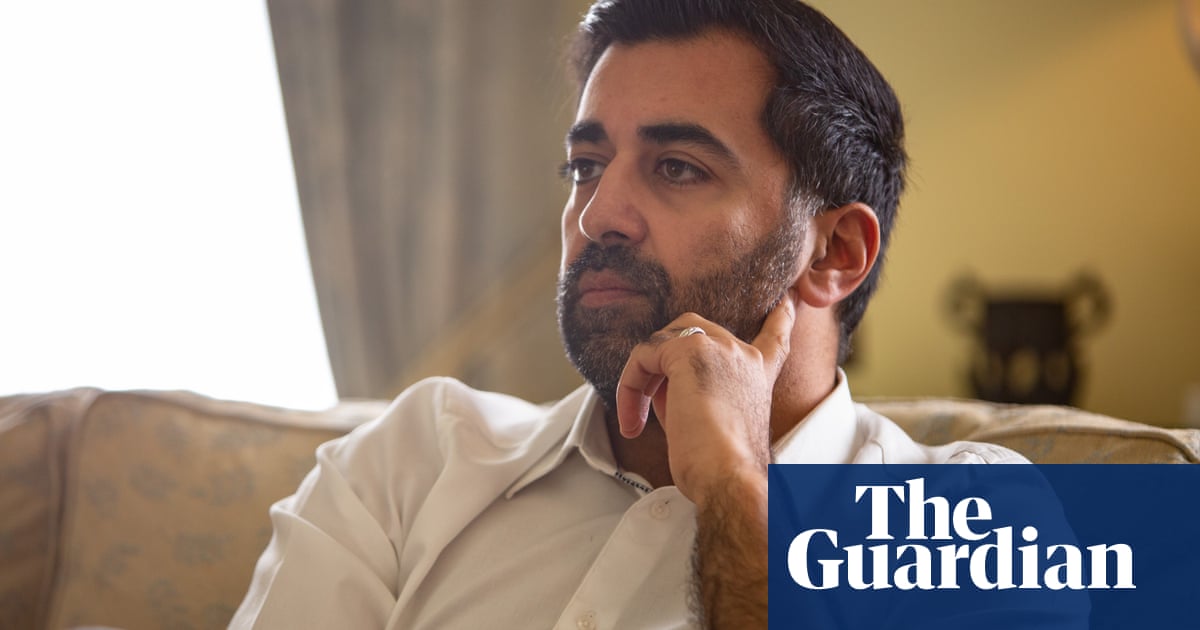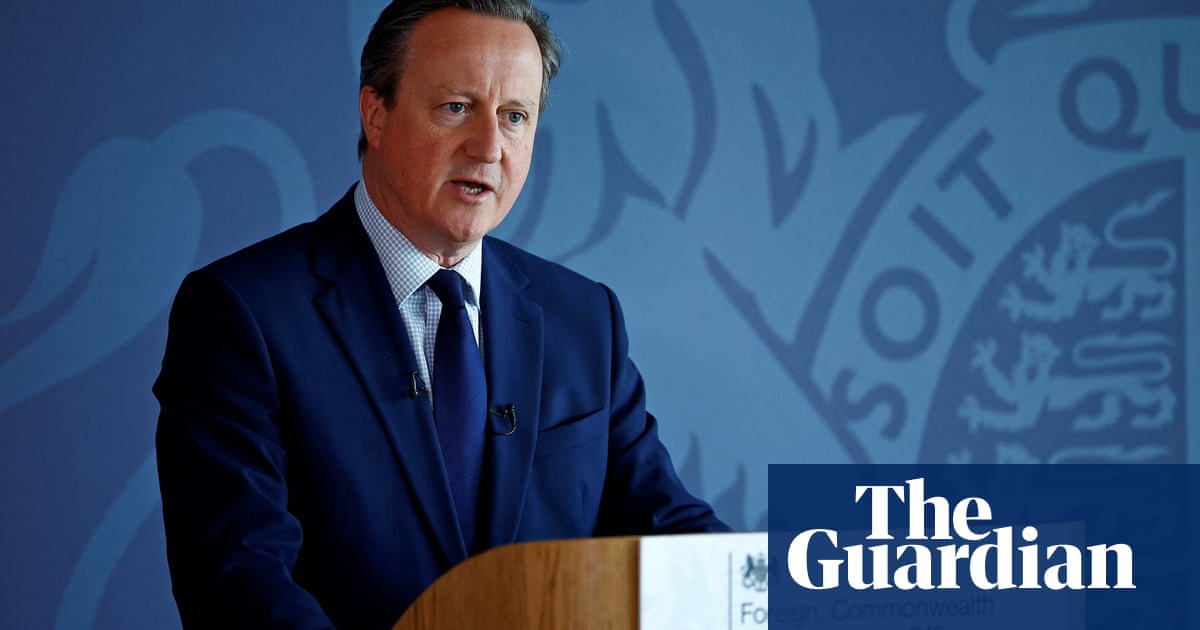
Classroom peer pressure is a problem for any parent considering a smartphone ban for their child.
So when the Smartphone Free Childhood (SFC) movement launched an online pledge to withhold the devices from children until they are at least 14, thousands of parents saw an opportunity to gather moral support for looming arguments.
“It’s a way for parents to know they are not alone in this,” said Mike Lawrence, 45, one of the signatories to the pact at Law primary school. The North Berwick school has the most sign-ups in Scotland, at 194 children.
Lawrence said the pact and its leaderboard – which features school names but does not identify parents or children – would help “in those moments of reckoning, when it comes up with children in the household”.
The pact, he said, had given renewed impetus to a WhatsApp group formed a few months after SFC was established this year. It was set up by three parents, Daisy Greenwell, Joe Ryrie and Clare Fernyhough, seeking to bolster support for their decision to hold off buying their children smartphones, with their WhatsApp group blossoming into a network around the UK that has enabled the pact sign-up campaign.
A quarter of British schools have signed the pact, reaching more than 8,100 last week, according to SFC, with the top 30 sign-ups dominated by primary schools. About 37,000 parents have signed, representing more than 56,000 children.
Parents at a primary school in the top 10 signatories said the pact had helped reassure families they were not alone.
“It’s hard if they are the only one,” said a parent at Pannal primary school, in North Yorkshire. “The idea is to bring together parents with similar views.”
According to research by the media regulator Ofcom, 89% of 12-year-olds in the UK have their own smartphone.
SFC said there was a litany of concerns about smartphones behind its campaign: the prevalence of harmful content online; the addictive nature of social media; distraction from schoolwork; and the links between excessive smartphone use and mental illness.
Parents at Coleridge primary, the school with the most pact sign-ups in London, said the pledge – which states that signatories agree “to wait to give their child a smartphone until at least the end of Year 9” – had rejuvenated a WhatsApp group that had gone quiet recently.
“There was a Coleridge [SFC WhatsApp group] but it was becoming a bit dormant,” said Charlotte Souter, 44, who has signed the pact on behalf of her 11-year-old child. “But then the SFC movement did the pact and that was a tool for us to say ‘Right, guys, let’s sign this’.”
Souter has been joined by three parents with children in their final year at Coleridge, who do not want their sons and daughters to feel isolated without a smartphone. They will go to secondary school with “brick” devices that can make calls and send and receive texts.
“The worry is that my son’s going to go to year 7 and everybody’s got a smartphone, and he’s going to be the only one that doesn’t. That’s going to isolate him. So that’s why the pact is so important,” Souter said.
The four Coleridge parents cited a number of concerns about smartphone use, including the incessant pinging of their elder children’s phones; the ongoing presence of the misogynistic influencer Andrew Tate on social media despite being banned on most platforms; the impact on reading; and generally how the social media landscape has changed since their elder children got smartphones, with TikTok and Snapchat becoming more influential.
One Coleridge parent said the distraction by smartphone notifications was overwhelming.
“I’ve taken the smartphones away from my older kids and put them by my bed on silent. But they’re still pinging. It’s constant. What is that doing to them?”
At Coleridge, 167 children have signed the pact, putting it in the top five schools in the UK alongside Law and Pannal. The place with the most sign-ups is Berkhamsted school, a nursery-to-sixth form private school in Hertfordshire.
Parents report a mixed reaction to the pledge from their children. Lawrence said his three children “know where they stand” and that the pact “makes it easier for them to have something to say to other kids when they are asked”.
At Coleridge, Souter said her son was “not happy” while fellow parent Tilly Summers, 43, said her daughter was a “bit annoyed” but “does understand” the decision. Another Coleridge parent, Tammy Incles, 50, said her 10-year-old twins understood there had been a shift against smartphones, despite their elder siblings having them.
Morinade Akinbobola, 51, a parent and governor at Coleridge, as well as a signatory to the pact, said parents needed to set an example.
“We’re all walking around with our mobile phones. If we’re going to ask children to control their behaviour, parents also need to do that.”
The underlying culture and behaviour around smartphone use comes up a lot. SFC’s founders talk of attempting to create a shift. “It’s not just about our children. It’s about trying to be part of a shift, a wider cultural shift,” Summers said.












